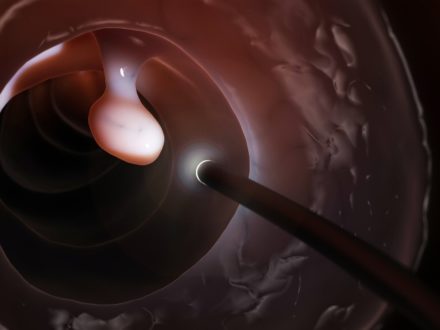Achalasia Surgery: When is it Time to Consider a Procedure?
Imagine this: You’re enjoying a meal with friends, but instead of savoring each bite, you’re struggling to swallow. Food feels stuck in your chest. It’s uncomfortable, even painful. This is a reality for many people with achalasia, a disorder that affects the esophagus’s ability to move food into the stomach.
But don’t lose hope! There are effective treatments available, including surgery. In this blog post, we’ll explore the progression of achalasia and discuss when it might be time to consider a surgical intervention.
Understanding Achalasia
Achalasia occurs when the lower esophageal sphincter (LES), the muscle that connects the esophagus to the stomach, fails to relax properly. This prevents food from passing easily into the stomach, leading to a buildup of food in the esophagus.
Common symptoms include:
Difficulty swallowing (dysphagia)
Regurgitation of food
Chest pain
Heartburn
Weight loss
Conservative Treatment Options
Initially, doctors often recommend conservative treatments to manage achalasia symptoms:
- Medications: Certain medications can help relax the LES and improve swallowing.
- Botox Injections: Botulinum toxin injections can temporarily weaken the LES muscle.
- Balloon Dilation: This procedure involves inflating a balloon in the esophagus to stretch the LES.
- When Conservative Treatments Fail
While these treatments can provide relief for some, they may not be effective for everyone. Here are some signs that it might be time to consider achalasia surgery:
- Persistent Symptoms: You continue to experience significant difficulty swallowing, regurgitation, or chest pain despite conservative treatments.
- Medication Side Effects: You experience intolerable side effects from medications or require increasingly higher doses for minimal relief.
- Recurring Need for Dilation: You require repeated balloon dilations to manage your symptoms, indicating that the LES is not staying open.
- Worsening Symptoms: Your symptoms progressively worsen, affecting your ability to eat and maintain a healthy weight.
- Aspiration: You experience aspiration, where food or liquid enters your airway, leading to coughing or choking episodes.
Benefits of Achalasia Surgery
Achalasia surgery can provide significant benefits, including:
- Improved Swallowing: Most patients experience a significant improvement in their ability to swallow after surgery.
- Reduced Regurgitation: Surgery can reduce or eliminate the regurgitation of food.
- Relief from Chest Pain: Many patients experience relief from chest pain and discomfort.
- Improved Quality of Life: By improving swallowing and reducing symptoms, surgery can enhance your overall quality of life.
Malladi Bariatrics & Advanced Surgery: Your Partner in Achalasia Care
At Malladi Bariatrics & Advanced Surgery, we have extensive experience in treating achalasia, including performing minimally invasive Heller myotomy procedures. Dr. Malladi and her team are dedicated to providing compassionate and personalized care, guiding you through your treatment options and helping you make informed decisions about your health.
If you’re struggling with achalasia and conservative treatments haven’t provided adequate relief, it may be time to consider surgery. Don’t let achalasia control your life! Contact Malladi Bariatrics & Advanced Surgery today to schedule a consultation and discuss your options. We’re here to help you regain your ability to enjoy food and live a more comfortable life.







